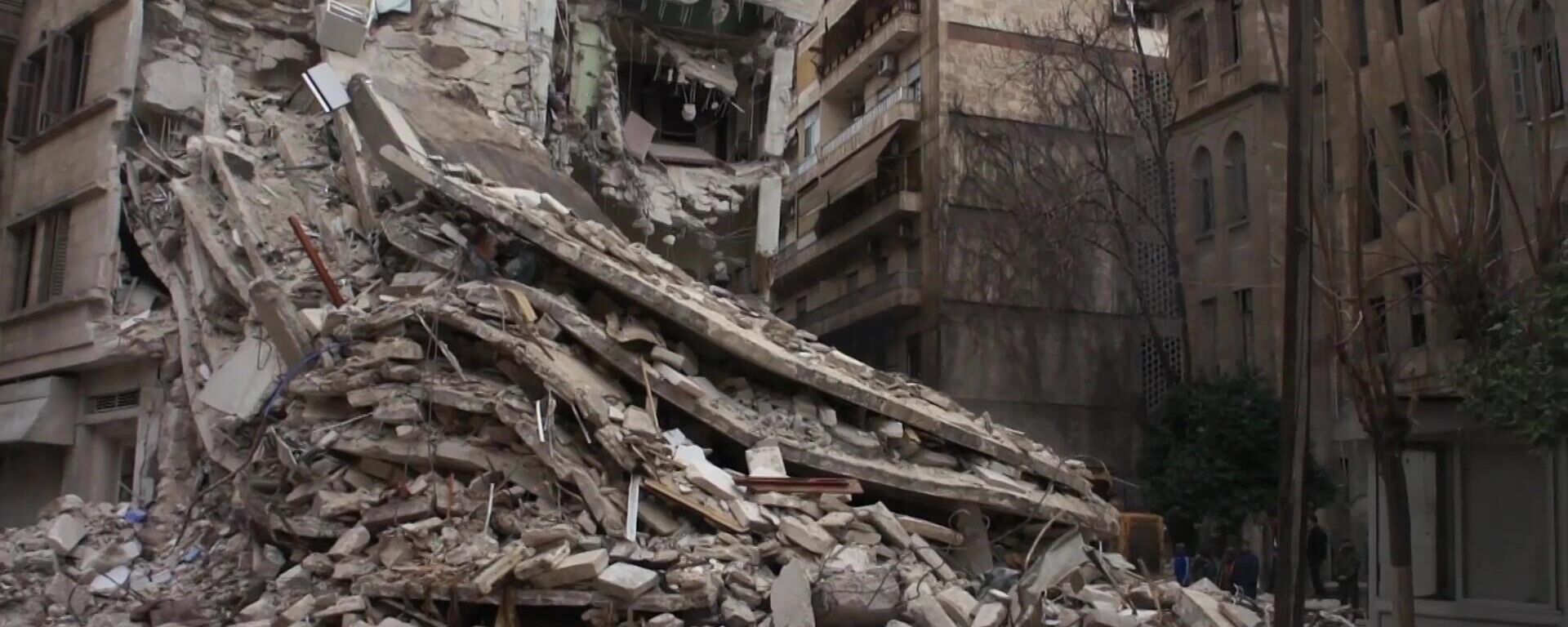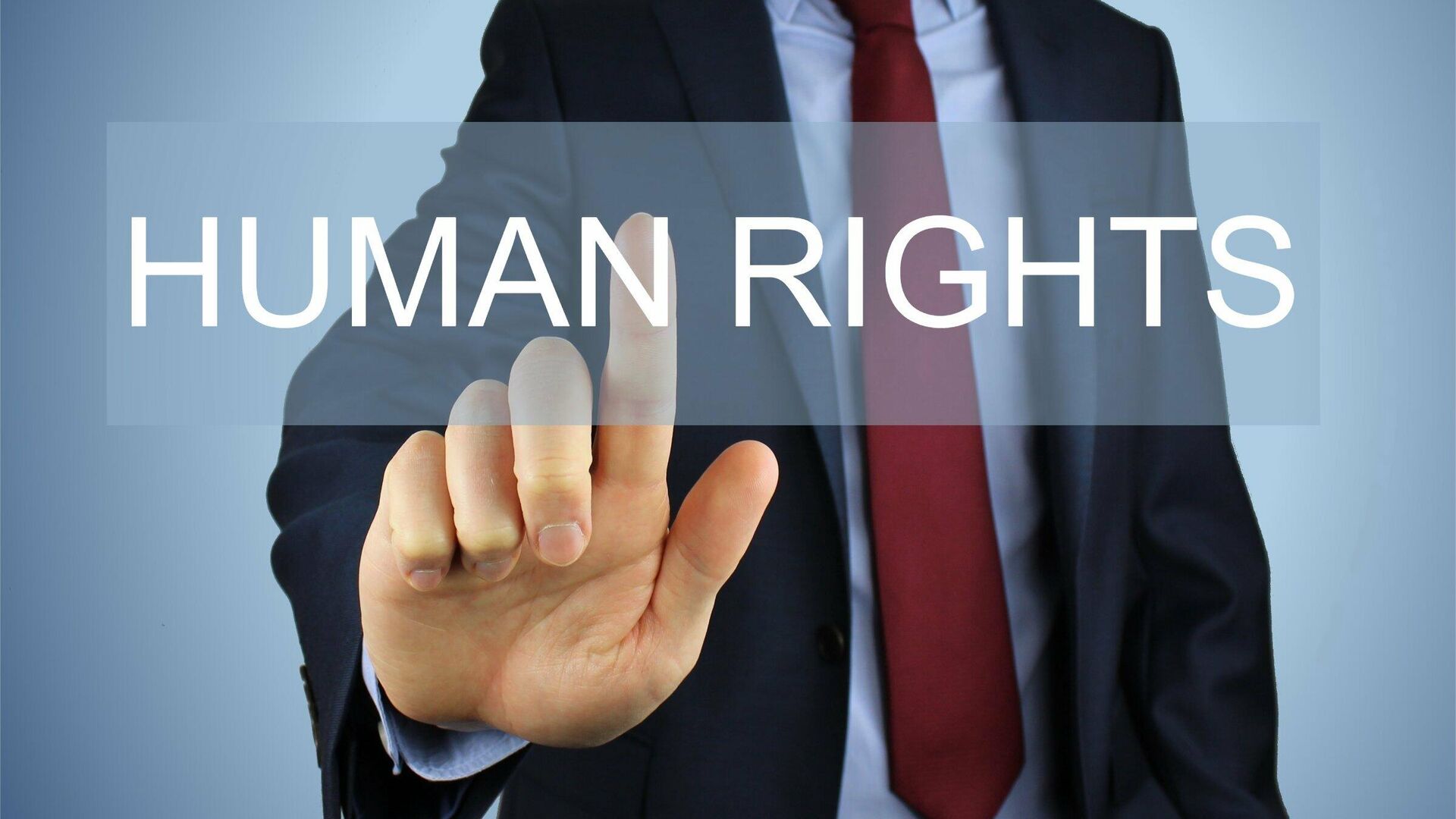https://sputnikglobe.com/20230329/stop-weaponizing-civil-and-political-rights-1108902207.html
Stop Weaponizing Civil and Political Rights
Stop Weaponizing Civil and Political Rights
Sputnik International
Human rights students in their Class 101 are introduced to a basic framework: There are two sets of human rights — the economic, social and cultural rights and the civil and political rights. They were both adopted by the United Nations in 1966 in the form of international covenants.
2023-03-29T09:28+0000
2023-03-29T09:28+0000
2023-03-29T10:38+0000
world
us
latin america
syria
belarus
earthquake rocks turkiye and syria
human rights
human rights violations
cuba
https://cdn1.img.sputnikglobe.com/img/07e5/0c/0f/1091534071_0:125:2400:1475_1920x0_80_0_0_f12158cd91da2e865893b270e740732d.jpg
But since then, like twins separated at birth, the two sets have travelled on very different paths. Decades into their adoption, the non-political set remains the stunted one, while its politically-focused twin brother has been over-fed into something hardly recognizable.More tragically, the overgrown one is increasingly being turned against its weaker sibling.Cubans, a people that decided to choose a government to their own liking, have been punished for this by the US with a decades-long embargo. As a result, COVID patients are left gasping for air without hopes of a ventilator. Syringes are a luxury as well.Ethiopians, while trying to sort out their issues, were slapped with US sanctions disguised as a helping hand. The impact was not visible on ending the conflict, but painful on 200,000 Ethiopian workers struggling to make ends meet on clothes and leather production lines.Syrians, in the process of finding their way forward as a nation, have been held back by debilitating US sanctions. Ninety percent of the population are in extreme poverty as of January 2023, according to UN figures. When the recent mega earthquake was toppling buildings and lives, US determination to keep its sanctions largely in place stood unwavering.At the ongoing session of the UN Human Rights Council, small island developing states (SIDS) and low-lying nations urged immediate action to tackle climate change. It’s an existential crisis for them. Brazil appealed for help for the Amazon forest, where they are seeing “the sky falling in”. Belarus lamented “a hierarchy of human rights … in favor of the unconditional supremacy of individual civil and political freedoms”.But the real problem is not neglect.It’s the systematic suppression of the economic, social and cultural rights of the Global South by the US, using civil and political rights as a fig leaf.by Yi Xin, an international affairs commentator based in Beijing
https://sputnikglobe.com/20230214/how-west-is-politicizing-provision-of-aid-to-syria-trying-to-capitalize-on-disaster-1107420063.html
syria
belarus
cuba
Sputnik International
feedback@sputniknews.com
+74956456601
MIA „Rossiya Segodnya“
2023
Sputnik International
feedback@sputniknews.com
+74956456601
MIA „Rossiya Segodnya“
News
en_EN
Sputnik International
feedback@sputniknews.com
+74956456601
MIA „Rossiya Segodnya“
Sputnik International
feedback@sputniknews.com
+74956456601
MIA „Rossiya Segodnya“
us, human rights, us violates human rights, stop violate civil rights
us, human rights, us violates human rights, stop violate civil rights
Stop Weaponizing Civil and Political Rights
09:28 GMT 29.03.2023 (Updated: 10:38 GMT 29.03.2023) Human rights students in their Class 101 are introduced to a basic framework: There are two sets of human rights — the economic, social and cultural rights and the civil and political rights. They were both adopted by the United Nations in 1966 in the form of international covenants.
But since then, like twins separated at birth, the two sets have travelled on very different paths. Decades into their adoption, the non-political set remains the stunted one, while its politically-focused twin brother has been over-fed into something hardly recognizable.
More tragically, the overgrown one is increasingly being turned against its weaker sibling.
Cubans, a people that decided
to choose a government to their own liking, have been punished for this by the US with a decades-long embargo. As a result, COVID patients are left gasping for air without hopes of a ventilator. Syringes are a luxury as well.
Ethiopians, while trying to sort out their issues, were slapped with US sanctions disguised as a helping hand. The impact was not visible on ending the conflict, but painful on 200,000 Ethiopian workers struggling to make ends meet on clothes and leather production lines.
Syrians, in the process of finding their way forward as a nation, have been
held back by debilitating US sanctions. Ninety percent of the population are in extreme poverty as of January 2023, according to UN figures. When the recent mega earthquake was toppling buildings and lives, US determination to keep its sanctions largely in place stood unwavering.

14 February 2023, 13:50 GMT
At the ongoing session of the UN Human Rights Council, small island developing states (SIDS) and low-lying nations urged immediate action to tackle climate change. It’s an existential crisis for them. Brazil appealed for
help for the Amazon forest, where they are seeing “the sky falling in”. Belarus lamented “a hierarchy of human rights … in favor of the unconditional supremacy of individual civil and political freedoms”.
But the real problem is not neglect.
It’s the
systematic suppression of the economic, social and cultural rights of the Global South by the US, using civil and political rights as a fig leaf.
Successive US administrations, of whatever hue, have been working for the same goal — to secure as much development resources as possible, even and often at the cost of other nations’ right to development.
Much as the US tries to conceal it, the superpower actually agrees with the rest of the world: The right to a decent life is of primary importance. That is why Washington is keeping them to a group of elite Americans and denying them to people far and wide.
by Yi Xin, an international affairs commentator based in Beijing



